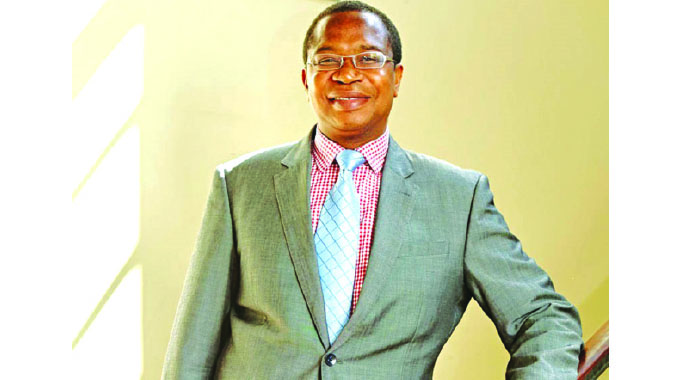Kereke walks out of prison

Chief Court Reporter
Former Bikita West legislator Munyaradzi Kereke serving an effective 10-year jail term for raping a juvenile relative at gunpoint was yesterday granted $500 000 bail, coupled with stiff conditions by the Supreme Court, pending his appeal against both the conviction and the sentence.
Kereke, who was convicted of rape in July 2016, had 20 months to go before he was due for release after time off for good behaviour when he got the greenlight to prosecute his appeal out of custody.
His first appeal against conviction and sentence by a regional magistrate was dismissed on 29 May 2019 by the High Court which declined to grant him an automatic leave to appeal from the first appeal to the Supreme Court. Kereke then applied to the Supreme Court for leave to appeal and last month he was granted leave to appeal to the Supreme Court. He then filed his appeal and so returned to the Supreme Court yesterday now seeking bail pending that appeal.
After hearing arguments from his legal counsel and the private prosecutor for almost three hours, Justice Mwayera found merit in Kereke’s application and granted him bail, with the reasons for her decision to follow later.
Professor Lovemore Madhuku and Advocate Tawona Nyamakura appeared for Kereke while private prosecutor Mr Charles Warara acted for the guardian of the relative he was convicted of raping.
The defence lawyers proposed tough bail conditions to strengthen their case for bail. The defence team also noted that Kereke had served the bulk of his sentence and has only 20 months to go. They implored Justice Mwayera to weigh Kereke’s prospects of success on appeal against the time already served.
It was also argued that the High Court in dismissing Kereke’s appeal failed to take into account what the defence see as material misdirections in the judgment of the trial magistrate, which when taken in their context should have resulted in the High Court overturning of the conviction, more particularly that the trial court failed to apply the correct test in assessing his defence of an alibi.
The lawyers in their submissions also criticised the High Court for allegedly failing to give due regard to the inconsistencies in the evidence of the complainant.
In her report at the police station the complainant did not mention the firearm and only did so after being prompted by her grandfather, argued the lawyers, adding that in their statements, two key witnesses stated that the girl only said she was fondled.
The lawyers also alluded to the complainant’s conduct on the morning of the incident, and her prevarication in evidence on the dates, the issue of the gun and the fact matrix of how the rape occurred saying this could only point to a witness not worthy of belief.
In opposing the application, Mr Warara had urged the court to dismiss the application, arguing there were no prospects of success on appeal, despite the fact that another judge of the Supreme Court granted him leave to appeal.
He said the findings of the Supreme Court in when granting leave to appeal were not conclusive because clearly the judgment granting him permission to appeal did not exclude the fact that a full bench of three appeal judges might well rule against Kereke after hearing the appeal.
On the issue that he had served much of his long sentence, Mr Warara said the 20 months left was not a short time and argued that once he is released chances of him returning to prison voluntarily if he loses his appeal were remote.
He argued that Kereke has influence which he still wields locally to enable him stay out prison in the event he loses his case.
It was also Mr Warara’s submission that it was not known whether the residential address he indicated was his as he had many wives.
Four years of the original 14-year sentence were suspended on condition of good behaviour after his release and he also benefits from the one-third remission for prisoners who behave themselves while behind bars. He was acquitted on another charge of indecently assaulting the rape victim’s elder sister.







Comments